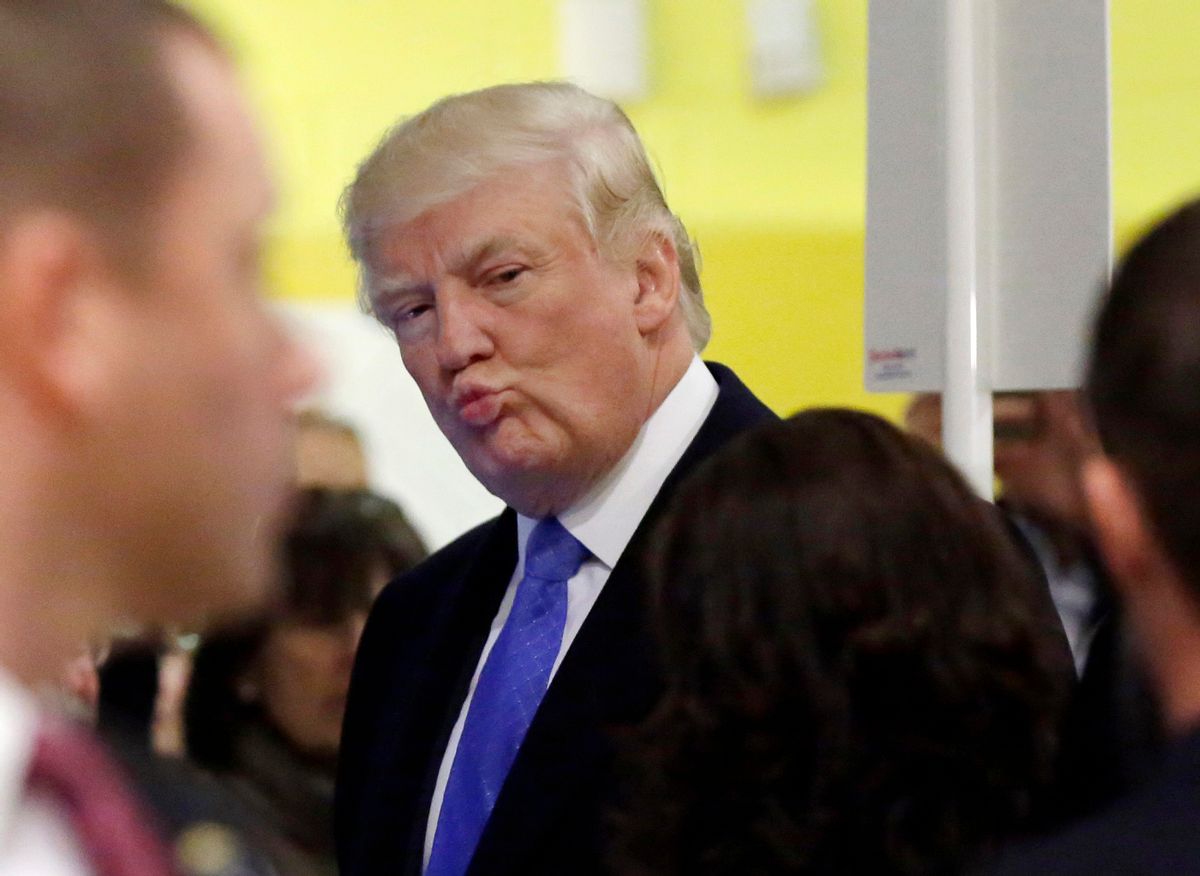Republicans, despite prattling on endlessly about the danger of budget deficits during the President Obama administration, are now ready to embrace unprecedented deficit spending under Donald Trump.
"There is now a real risk that we will see an onslaught of deficit-financed goodies — tax cuts, infrastructure spending, more on defense — all in the name of stimulus, but which in reality will massively balloon the debt,” said Maya MacGuineas, president of the Committee for a Responsible Federal Budget, in an interview with Politico.
Trump's infrastructure program, tax cuts, a border wall and mass deportation to stop illegal immigration, and increases in military spending will balloon the debt's share of the overall economy from nearly 77 percent to 105 percent, according to the CRFB.
Trump's infrastructure plan calls for $1 trillion to be spent over the next decade. House Majority Leader Kevin McCarthy anticipated that it could receive bipartisan support (President Obama repeatedly called for infrastructure spending to create jobs, but was blocked by Republican obstructionism).
Trump's mass deportation plan and border wall would cost between $125 billion and $325 billion. Meanwhile, he has promised to "rebuild" the U.S. military by eliminating the caps on Pentagon spending imposed by Congress during the 2011 Budget Control Act.
Finally, Trump has proposed a comprehensive tax cut for businesses and individuals — one that is targeted to primarily help the wealthy — that the nonpartisan Tax Policy Center believes would increase the debt by $7.2 trillion over the decade, compared to the George W. Bush tax cut from 2001 (which added under $2 trillion).
To be fair, Trump isn't the only one pushing for a return to the tax-and-spend practices Republicans denounced during the Obama era. On Wednesday Republicans will vote on an amendment to permit earmark spending — which was banned in 2010 when the Republicans took over the House of Representatives — under legislation proposed by Republican Reps. John Culberson of Texas, Mike Rogers of Alabama, and Tom Rooney of Florida.



Shares